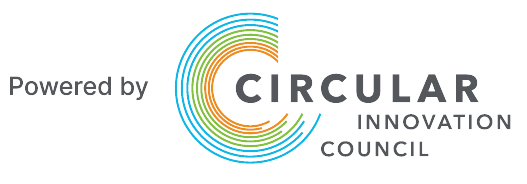When it comes to Enterprise Resource Planning, the optimal supply chain was built on the ‘just-in-time’ model, comprising uber-efficient, connected blocks that deliver what businesses need, right when they need it, in order to complete the next step of the manufacturing process. This model works in a globalized world, where there is little friction, such as trade barriers, impeding the free movement of goods, but it was not built to withstand a global pandemic and the resulting limitations on trade which we have discovered at great cost.
Covid has broken this model. Supply chain priorities have shifted from efficiency to resilience. Re-engineering resilient supply chains requires a bottom-up approach, which also provides an opportunity to integrate sustainability within the process. The notion of ‘build back better’ is encouraging businesses to rethink their models and operate with a focus on purpose. The narrow focus on profits is broadening out to include the environment, community and employee wellbeing. Environmental, Social and Governance (ESG) is no longer just a buzzword but the pillars on which a business model must stand.
Within this framework, chemical companies face strong headwinds to change their operations. The need to change is not only driven by increasing demands from consumers and regulators, but also escalating risks of litigation. Change must be factual, evidence-based, and data driven – yet large parts of the supply and value chain remain analogue or rely on email, the lowest level of digitalization.
Covid has accelerated digital transformation, as data re-enforces its position as the “new oil”. In order to transform a company’s data into a business asset, it needs to be believed, trusted and shareable. This requires a rethink of how companies gather, store, use and share it. The journey starts internally.
Using blockchain for supply chains
By using blockchain, companies can provide transparency and traceability within their supply chains in a way that no other digital technology can. It allows the end-brands to have direct and easy access to accurate and verified information about the overall properties of the products it uses, so that they too can verify the sustainability credentials of their own supply chains. These properties include documentation such as bill of materials, bill of substances and the provenance of the raw materials.
Achieving a circular economy will depend on a global commitment to sustainable practices being implemented and tracked across entire supply chains. Without transparency, these standards risk being mere platitudes. Blockchain can hold the answer: data collected in the blockchain network is automatically stored in a database that is constantly updated, providing a reliable and immutable record of all participants in the chain. This results in a visual and digital representation of the whole supply chain, which not only facilitates traceability and product assurance, but also helps organizations accelerate digital transformation, realize greater value and build trust across the whole ecosystem.

